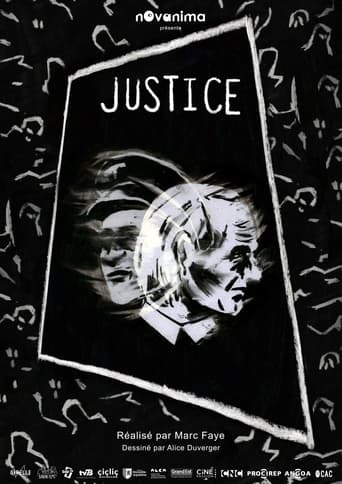
27 Apr 2021

Justice
No overview found
The Pittsburgh History Series is an ongoing series of hour-long documentaries that highlight various parts of our city's history. Since 1988, these documentaries have captivated local audiences by mixing memories, old films, [mementos], home movies, snapshots and new interviews.

27 Apr 2021

No overview found
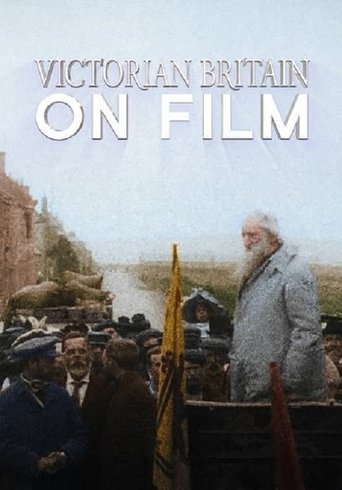
20 Nov 2021

Offers audiences a unique window into a bygone era when a thrilling new invention, the motion picture camera, first captures a nation on film.
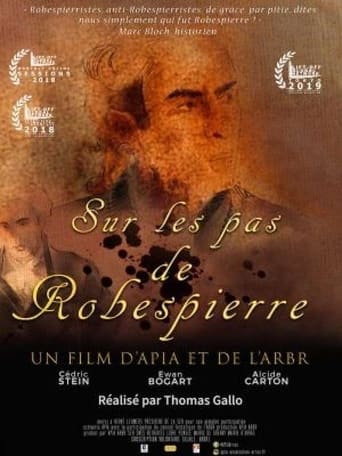
22 Oct 2019

No overview found
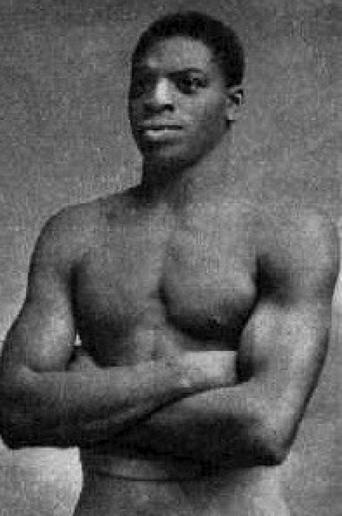
27 Feb 2015

Using newly uncovered historical documents, this documentary short pieces together the most complete and accurate account of the life of Viro Small ever told. Nicknamed "Black Sam of Vermont" for his ties to the Green Mountain State, Small was a pro wrestling pioneer who reached the height of his notoriety in 1880's New York City.

01 Sep 2007

A documentary that explores the myth behind the truth. Different people around the globe reinterpret the legend of Che Guevara at will: from the rebel living in Hong Kong fighting Chinese domination, to the German neonazi preaching revolution and the Castro-hating Cuban. Their testimonies prove that the Argentinian revolutionary's historical impact reverberates still. But like with all legends, each sees what he will, in often contradictory perspectives.
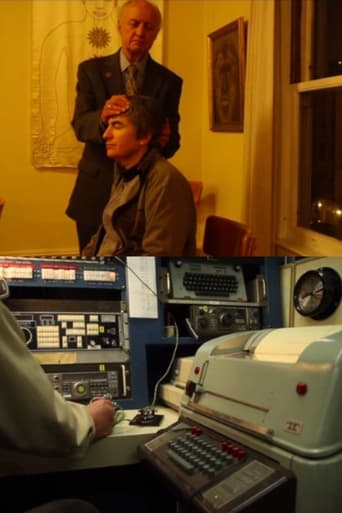
01 Jan 2011

"Come In" explores how Morse history is entangled with the history of the Spiritualist church. The Spiritualist Church was founded by the Fox sisters in 1850. They claimed that they were mediums who could communicate with the dead and they justified this ability by citing the new ability, through Morse, to speak with someone far away almost instantaneously. After fifty years of practicing Spiritualism, the sisters declared the religion a hoax, and many years later Morse code officially lost its role in the commercial realm. As Spiritualists continue to send messages to the dead in spite of the sisters’ statements, and Morse operators transmit messages into the ether with hope, Johnson asks: How do communication networks and technologies affect our calls and responses and make visible our desire for reciprocity?
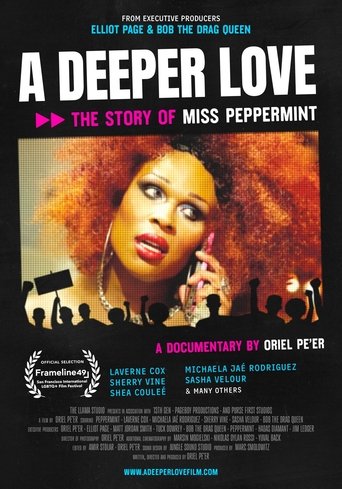
26 Jun 2025

Drag Race star Peppermint takes center stage in this up close and personal documentary about her journey with fame, identity, and the art of drag. Sharing her story alongside a close network of trans individuals, one of the world’s favorite drag performers takes you inside her rise from humble beginnings to her current reign as outspoken trailblazer for the trans community.
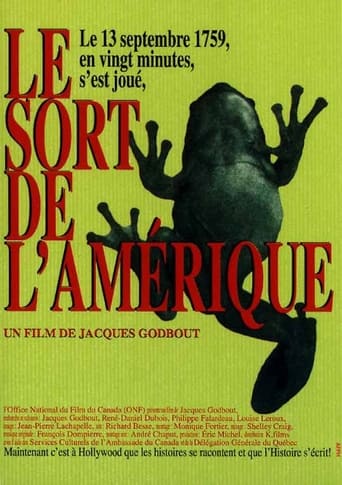
16 Apr 1997

Two well-known Quebec artists (filmmaker Jacques Godbout and playwright René-Daniel Dubois) look at the Battle of the Plains of Abraham. Whose version of this historic event should prevail? Is history best served by documentary or fiction? We also meet Baron Georges Savarin de Marestan and Andrew Wolfe-Burroughs, direct descendants of Montcalm and Wolfe, both of whom died in the battle that would give birth to Canada and to the province of Quebec.
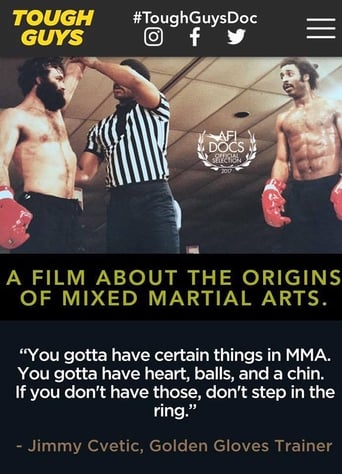
15 Sep 2017

10 years before the debut of the Ultimate Fighting Championship. In 1979, Bill Viola and Frank Caliguri dreamed up a contest pitting barroom bigmouths against wrestlers, martial artists, boxers, bouncers and brawlers, billed as no-holds-barred new type of competitive fighting. When the fights succeeded beyond their wildest expectations, they were swept up in a chain of events that ended in the first mixed-martial arts ban in the nation. “Tough Guys” chronicles the inception of Caliguri and Viola’s first bouts and the colorful, crazy cast of fighters who made them a hit as well as the politicians who brought it all crashing down. The film brings to life a moment when the national martial arts craze was building to a crescendo as the economies of Pennsylvania steel towns were plummeting to levels of unemployment never seen, breeding desperate men looking for a chance to prove their worth and make some money in the ring.
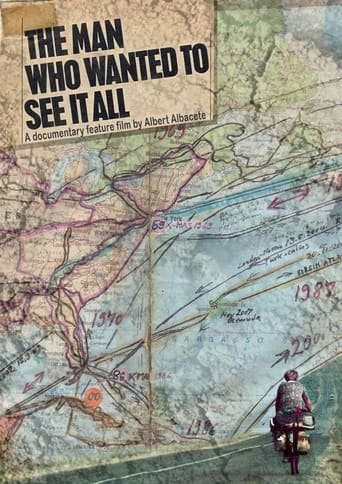
25 Mar 2021

Heinz Stücke left Germany in 1962 with a bike, a tent and a goal: to see everything in the world. Now for the first time in 50 years, he's come home.
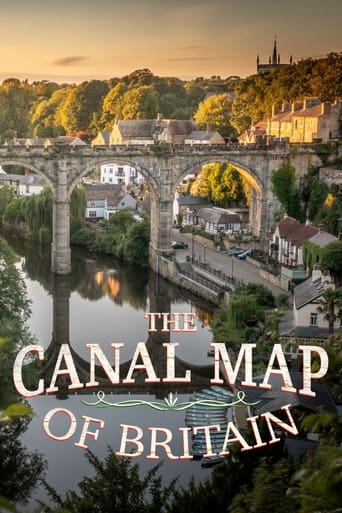
15 Mar 2024

A look at Britain's beloved canal network via a fact-filled cruise along the first superhighways of the Industrial Revolution. In the age before mechanisation, a frenzy of canal-building saw a new army of workers carve out the British landscape, digging out hundreds of miles of waterways using picks, shovels and muscle.
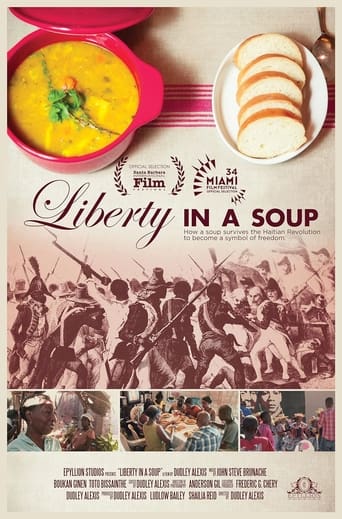
05 Oct 2015

Every New Year, and in celebration of their Independence, Haitian families gather together to feast in honor of a line of ancestors that fought for their freedom. The centerpiece of the festivity is the joumou soup—a traditional soup dating back centuries ago. The joumou soup is a concretization of war and victory, oppression and emancipation, and the deeply rooted celebratory traditions of the Haitian culture.

01 Dec 2022

No overview found
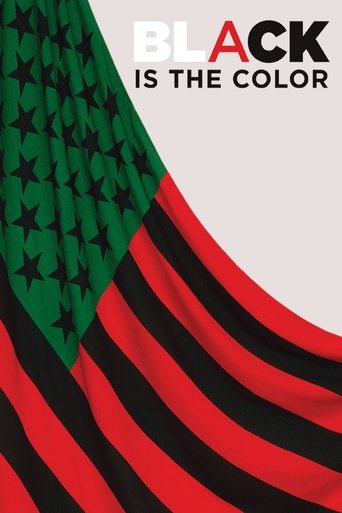
07 Jul 2016

Black Is the Color highlights key moments in the history of Black visual art, from Edmonds Lewis’s 1867 sculpture Forever Free, to the work of contemporary artists such as Whitfield Lovell, Kerry James Marshall, Ellen Gallagher, and Jean-Michel Basquiat. Art historians and gallery owners place the works in context, setting them against the larger social contexts of Jim Crow, WWI, the civil rights movement and the racism of the Reagan era, while contemporary artists discuss individual works by their forerunners and their ongoing influence.
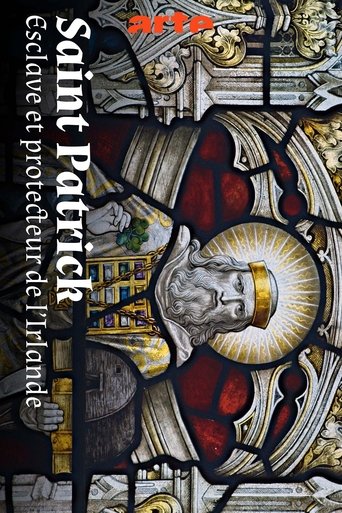
02 Aug 2025

No overview found

18 Jan 2023

An extraordinary look at the life of Uri Geller, the man famous for bending spoons and reading minds, told through exclusive interviews with the man himself.
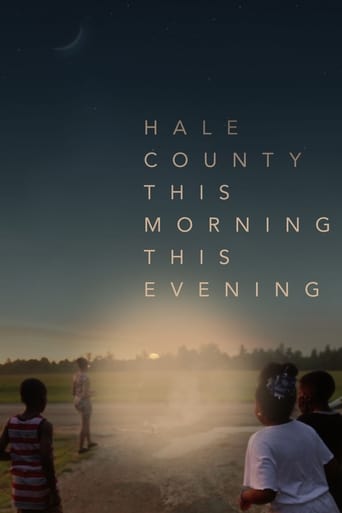
14 Sep 2018

Composed of intimate and unencumbered moments of people in a community, this film is constructed in a form that allows the viewer an emotive impression of the Historic South - trumpeting the beauty of life and consequences of the social construction of race, while simultaneously a testament to dreaming.
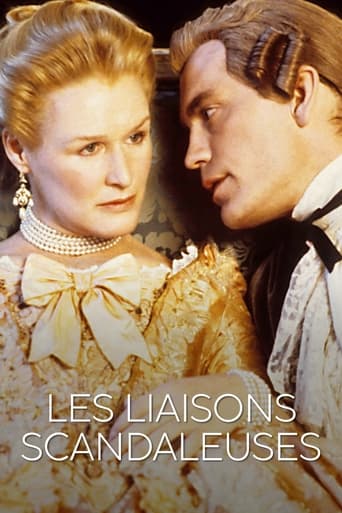
15 Sep 2021

Well known for its exploration of seduction and revenge, the “Dangerous Liaisons” by Choderlos de Laclos caused a scandal from its first publication in 1782. Despite – or because of the scandal – the book was a top-seller. Since then, it stood the test of time. Combining eras, continents and people, the novel is adapted around the world. Marvelous tool for reflection on the female condition, social satire announcing the Revolution, remarkable work on the conflicting nature of love but also of the gender war, consecration of the power of the words, a libertine manual… “Dangerous Liaisons” is all of these at once.

01 Jan 2015

Blending drama with the explanations of passionate historians and specialists, this enriched historical reconstruction traces 60 years in the life a man who transformed the Middle Ages and laid the foundation of modern Europe, William The Conqueror.
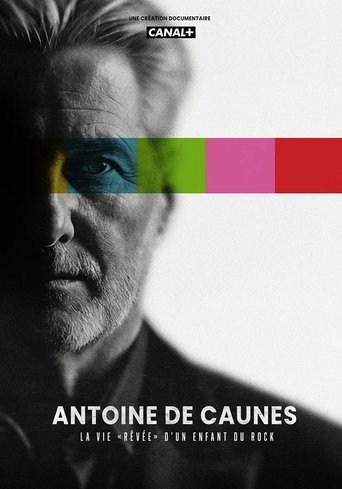
25 Nov 2025

Documentary on Antoine de Caunes, a French television presenter, comedian, actor, journalist, writer and film director.